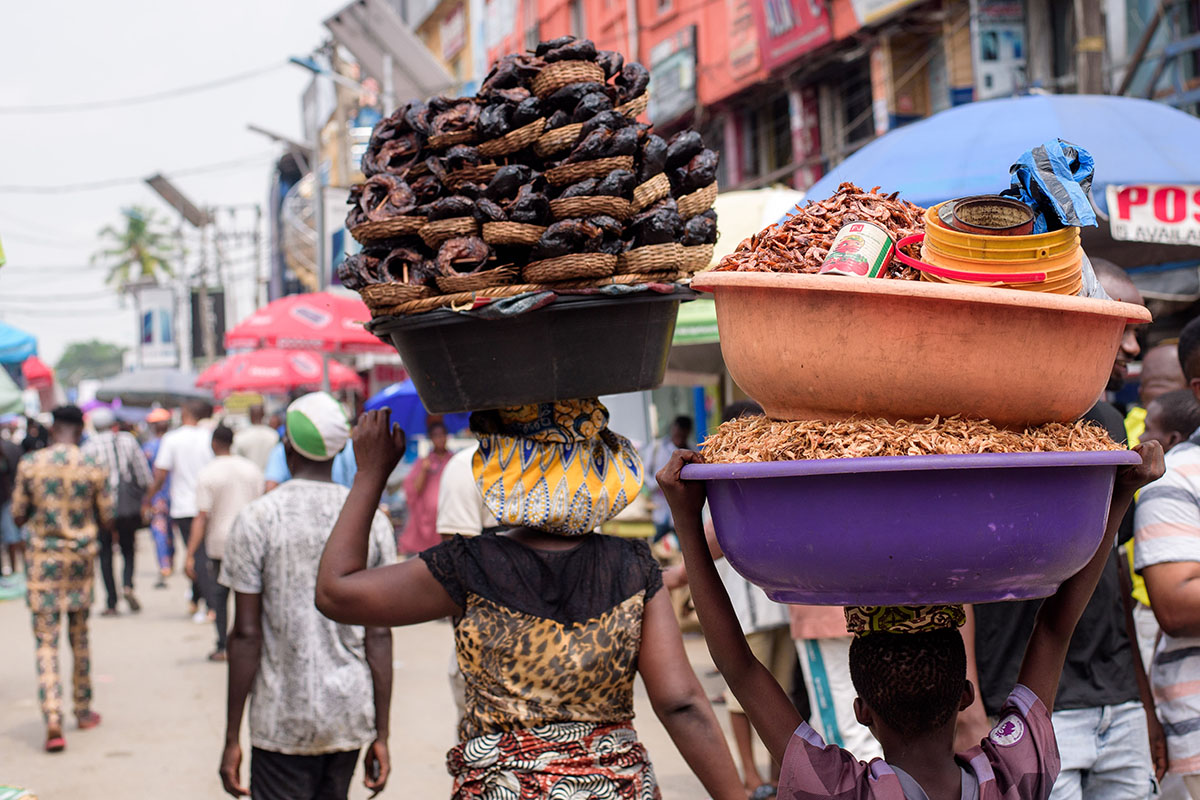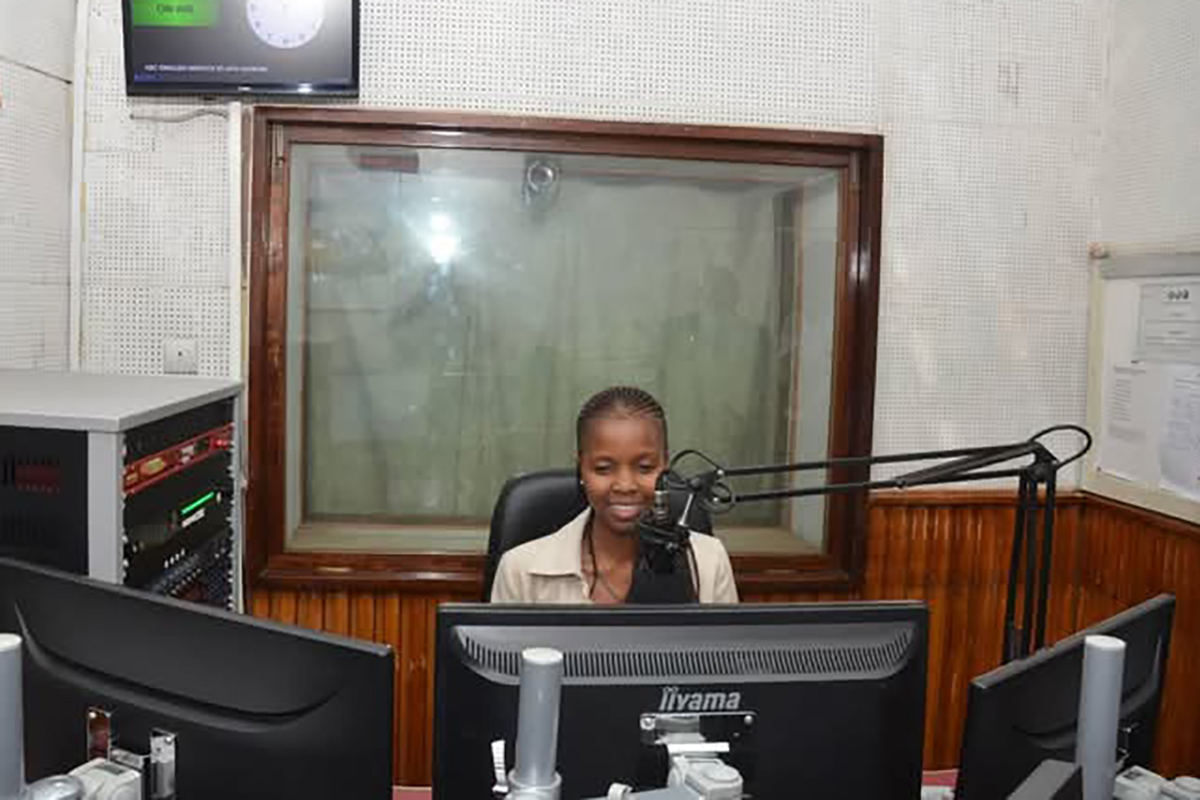2024 and Inflation’s Cruel Sting
December 10by Adedoyin Ajayi
“Subsidy is gone!”
Never has a simple statement had such weighty aftereffects on the Nigerian economy in a long, long, time. Upon the inauguration of Bola Ahmed Tinubu as the Nigerian President on May 29, 2023, he immediately set about putting a stop to subsidizing petrol.
Like yoke forced on oxen, Nigerians have had to live with the suffocating fallout from that decision.
The price per litre of petrol subsequently rose from ₦195 to ₦617, effectively raising transport costs. This created a chain effect that led to higher food costs. Additionally, given the country’s high level of import dependence, this further weakened the exchange rate, as the Naira has crashed to over ₦1,600/$, nearly doubling from December 2023, when it hovered around ₦885/$. The agricultural sector in particular has suffered greatly. Supply chain disruptions such as insecurity, transportation problems, and infrastructure deficiencies have led to the country tottering on the edge of food insecurity.
Conclusively, the result is a poorer populace who have been reduced to a lower standard of living as the cost of living has skyrocketed. Nigeria’s food inflation rate went from 22.79% in June 2023 to 40.9% in June 2024, a 25-year high. As at October 2024, the inflation rate was 33.9%, having reached a 28-year high in June (34.2%). Food items have soared in prices, transport costs have risen and domestic flights at airports have experienced more delays due to a low turnout, and costs of household implements have also gone through the roof.
Inflation is truly an economic evil that robs not just the ability to subsist, but also shrinks the economic contributions of people. Prices skyrocket with alarming intensity. The value of savings erodes nearly overnight. Salaries reduce in purchasing power. Economic and productive activities seem fruitless. People have to work twice as hard to afford the same product. An air of wistfulness whispers in the ears when considering postponed purchases which are now out of reach. Households are not the only ones affected by inflation. Businesses have also suffered from the harsh sting. Nigeria’s unfavourable business environment has driven several multinationals out of the country. Microsoft Nigeria, Total Energies Nigeria, and PZ Cussons Nigeria PLC all left within the first six months of 2024, adding to the likes of Unilever Nigeria PLC, Proctor & Gamble Nigeria, and Bolt Food Nigeria, who all exited the country a year earlier.
Nonetheless, the government has sought to arrest the spiraling inflation through a number of measures such as adopting a contractionary monetary policy, and embarking on a 150-day suspension of import duties on food items like husked brown rice, cowpeas, maize, and wheat. These policies have been largely ineffective in arresting rising food prices.
The colossal sums wasted on the ostentatious living of the Presidency and top government administrators has created public outrage and frustration at the perceived apathy and indifference of the government to the dire situation of the populace. Over $100M was spent on acquiring a new presidential jet, and ₦2.9 billion earmarked for replacing the vehicles of the Presidency.
Due to the inflation, sellers have resorted to a mantra, “yesterday’s price is not today’s price.” It is upsetting to witness simple, everyday items gradually slipping from the financial reaches of citizens, as more and more Nigerians are plunged beneath the poverty line on a daily basis. Quality of diet has become an afterthought as cheaper alternatives become attractive.
As the festive period approaches, Nigerians watch on with curious eyes, hoping for improved economic fortunes ahead of the new year.






